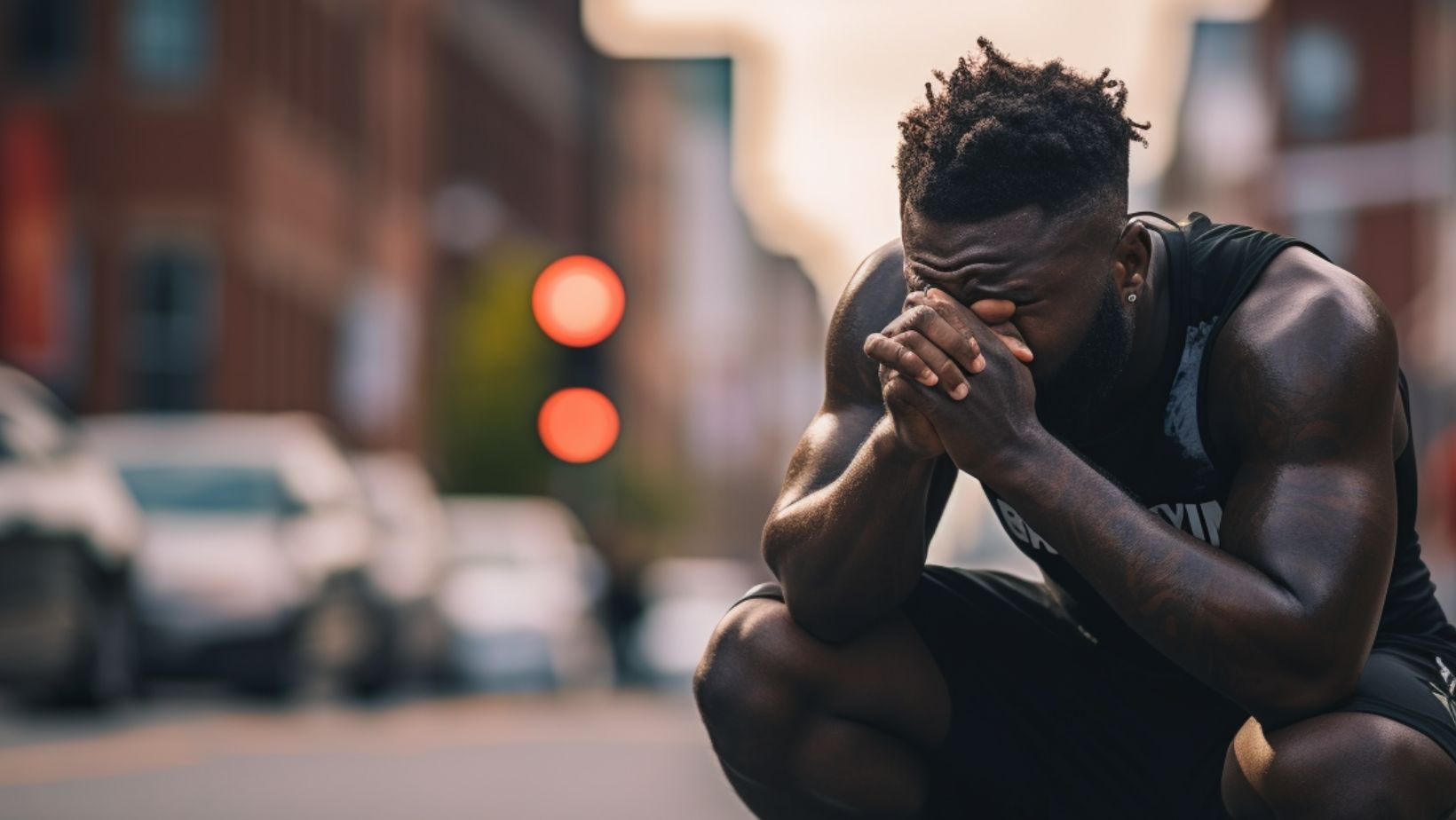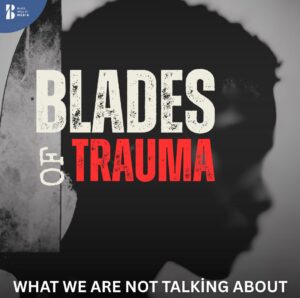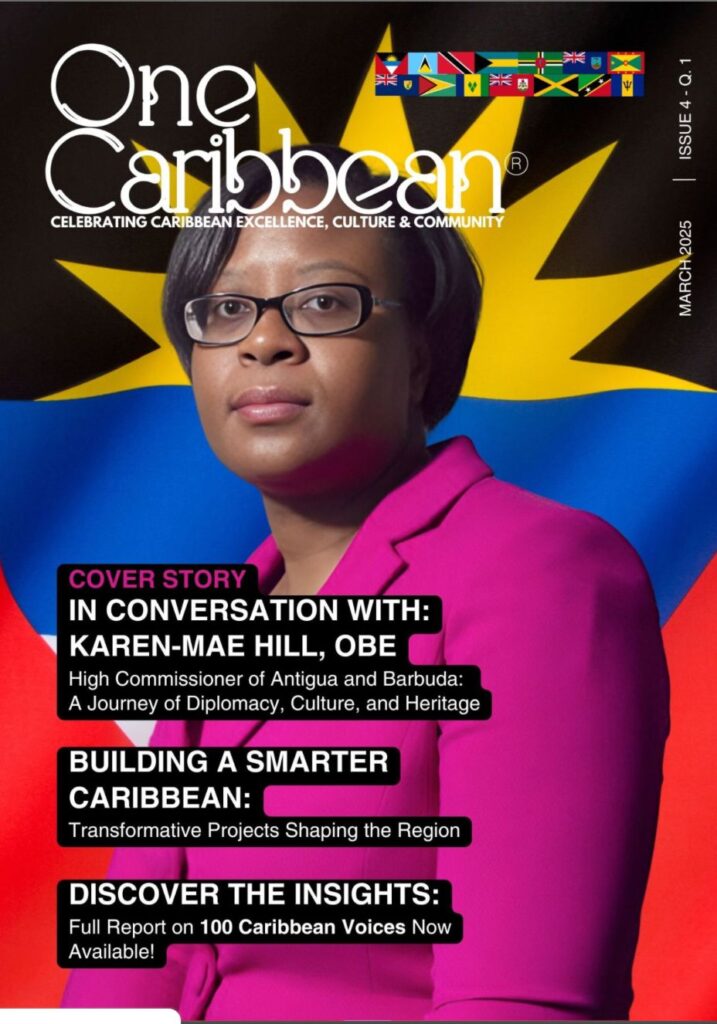HEALTH
Men, self-care is not emasculating. Protect your mental health to protect your family.
“Embark on a journey with me as we delve into the profound impact of neglecting emotional pain. Drawing from personal experiences, including the loss of my grandfather, a Black single father and Korean War veteran, we explore the repercussions of suppressing emotions. Learn why men's self-care is transformative, not optional, and discover the crucial role it plays, especially for Black men navigating the complexities of racial injustice.”
WIZDOM POWELLContributor
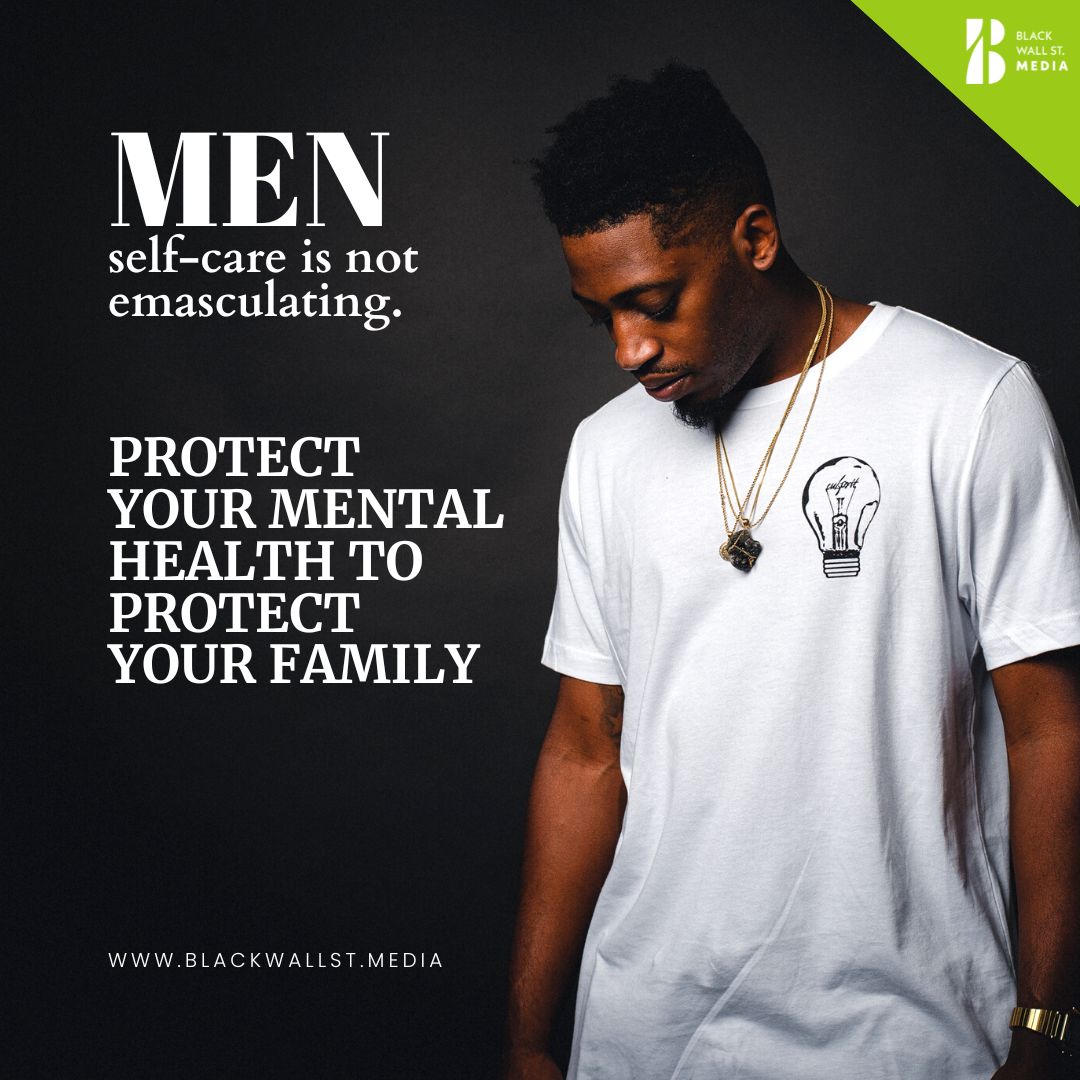
Ignoring pain can make it manifest in unhealthy behavior like increased risk-taking, substance abuse, violence, and other poor health outcomes.
When I was about 9 years old, I lost my maternal grandfather.
Eddie Powell was a Korean War veteran and single father at a time when Black single fathers were veritable unicorns.
He was the strong, stoic type of heterosexual man typical of his generation.
Men who were socialized to embrace rigid masculinity standards that compel them to keep their emotional pain close to their chest, and push through adversity.
Family stories taught me that my grandfather’s emotional pain was rooted in an experience of racialized violence which forced him to leave Alabama in the middle of the night to escape a potential lynching.
Like scores of other Black people from the deep South, he was forced to seek the warmth of other suns and permanently sever ties with his home.
My grandfather went on to serve his country and family with dignity, grace, and loving kindness. But, as I reflect on the stories my mother shares about him, it is apparent that he found it difficult to extend that same loving kindness to himself.
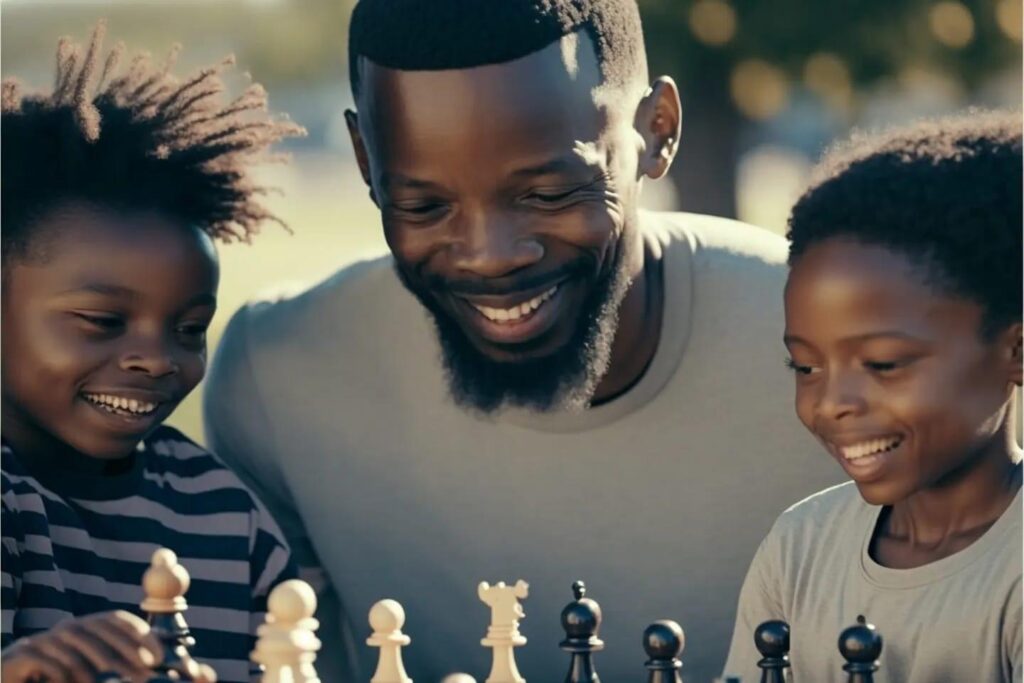
His sense of duty to care for our family superseded any inclinations he might have had to care for himself.
He never spoke about his time in a segregated Marine Corps, the events that led him to flee from Alabama, nor the anger, grief, and loss he surely felt. Instead, my grandfather shifted his pain, mostly into purpose. But, sometimes he shifted his pain in ways that compromised his longevity.
Ultimately, he perished in his early 50s from cirrhosis of the liver, a late-stage liver disease that can be caused by alcohol abuse. His was a preventable death of despair that left behind women, girls, and a family reeling in its aftermath.
Emotional pain will emerge eventually
As a trauma psychologist and men’s health expert, I have borne witness to the myriad ways that men attempt to shift emotional pain out of their awareness. While this strategy can afford momentary relief, deploying it routinely can exacerbate emotional distress.
Female combat veteran: I feel helpless, and I fear for little Afghan girls I once saved
Shifting pain is like playing a prolonged game of whack-a-mole. Men may stuff down emotions. But, they often pop-up in other places and can manifest in unhealthy behavior like increased risk-taking, substance misuse/abuse, interpersonal violence, and other poor health outcomes.
The self-care lessons from grandfather and my professional experience are clear to me:
► Men’s self-care is not feminizing or optional.
► When men engage in self-care practices the effects can be transformative for him, his partner, family, and everyone around him.
► For Black men, self-care might be crucial to releasing stress associated with racial injustice and ensuring that they can be fully present in caring for their families.
Urgent need for self-care
The fierce urgency for men’s self-care is could not be more apparent than it is right now. After more than a year of prolonged physical and social isolation, heightened racial unrest, men and those they care for and are connected to need a self-care reset.
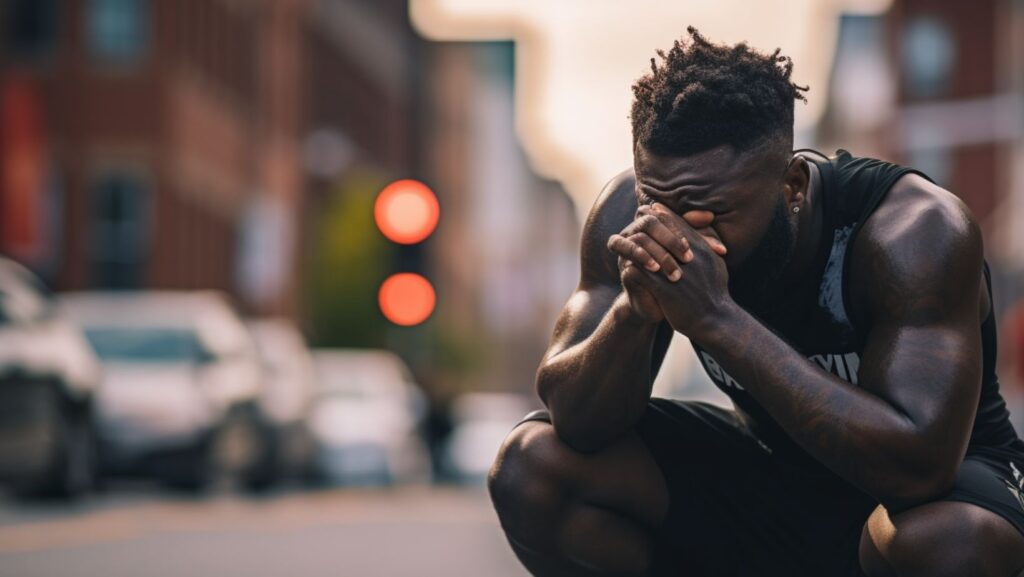
In fact, during the global COVID-19 pandemic, there has been an uptick in mental health challenges in American adults.
Men are especially vulnerable given their higher rates of suicide completion compared to women, the lack of friendship in men’s lives (15% of American men say they have no close friends), and pattern of forgoing traditional mental health services compared to women.
People who are Black, indigenous, and people of color face unique stigmas and barriers to services to address pain management, poor mental health and substance use. Black men like my grandfather, while resilient, face accumulating emotional wounds. Too many men think they should push back against self-care.
The World Health Organization defines self-care as “the ability of individuals, families, and communities to promote health, prevent disease, maintain health, and to cope with illness and disability with or without the support of a healthcare provider.”
But, it also includes taking time to engage in meaningful individual or communal activities, building in periods of radical rest, simply finding joy, and mindfulness-based practices.
Men need to know well-being matters
The good news is that proponents of self care and mental health are pushing back on the set of masculinity norms and standards when they no longer aid men in their desires to be present fathers, husbands, partners, and friends.
Men have to be concerned with their whole well-being to be present for their families. Self-care practices like meditation and mindfulness are being normalized for men. Recognizing this, even brands and employers are partnering up and expanding access to self-care resources.
Does that baby measure up?: Preborn babies don’t have to prove their worth, dignity to us: NFL Super Bowl champion
For example, Dove Men+Care and Headspace, where I serve as creative diversity director, partnered to offer collections of meditations that include themes like radical self-care, compassionate parenting, and letting go of work.
Numerous studies have found the mental health benefits of meditation, including increased compassion, decreased aggression, and reduced stress.
I am proud to work with Headspace’s meditation programs, especially as clinicians are finding that digital tools are opening up opportunities for men to get help for their mental health.
What I wish for the men I have had the opportunity to serve in my clinical practice is the same as what I wished for my grandfather.
My wish is for men, especially Black, indigenous, and men of color, to grant themselves permission to practice radical self-care.
Doing so might also inspire the next generation of men and boys to resist socialized urges to shift pain; but rather, to confront, metabolize, and mitigate it by prioritizing self-care.
Wizdom Powell is director of the Health Disparities Institute and associate professor of Psychiatry at UConn Health. Powell is alsoa partner to Dove Men+Care and creative diversity director at Headspace.
Black Wall St. MediaContributor

